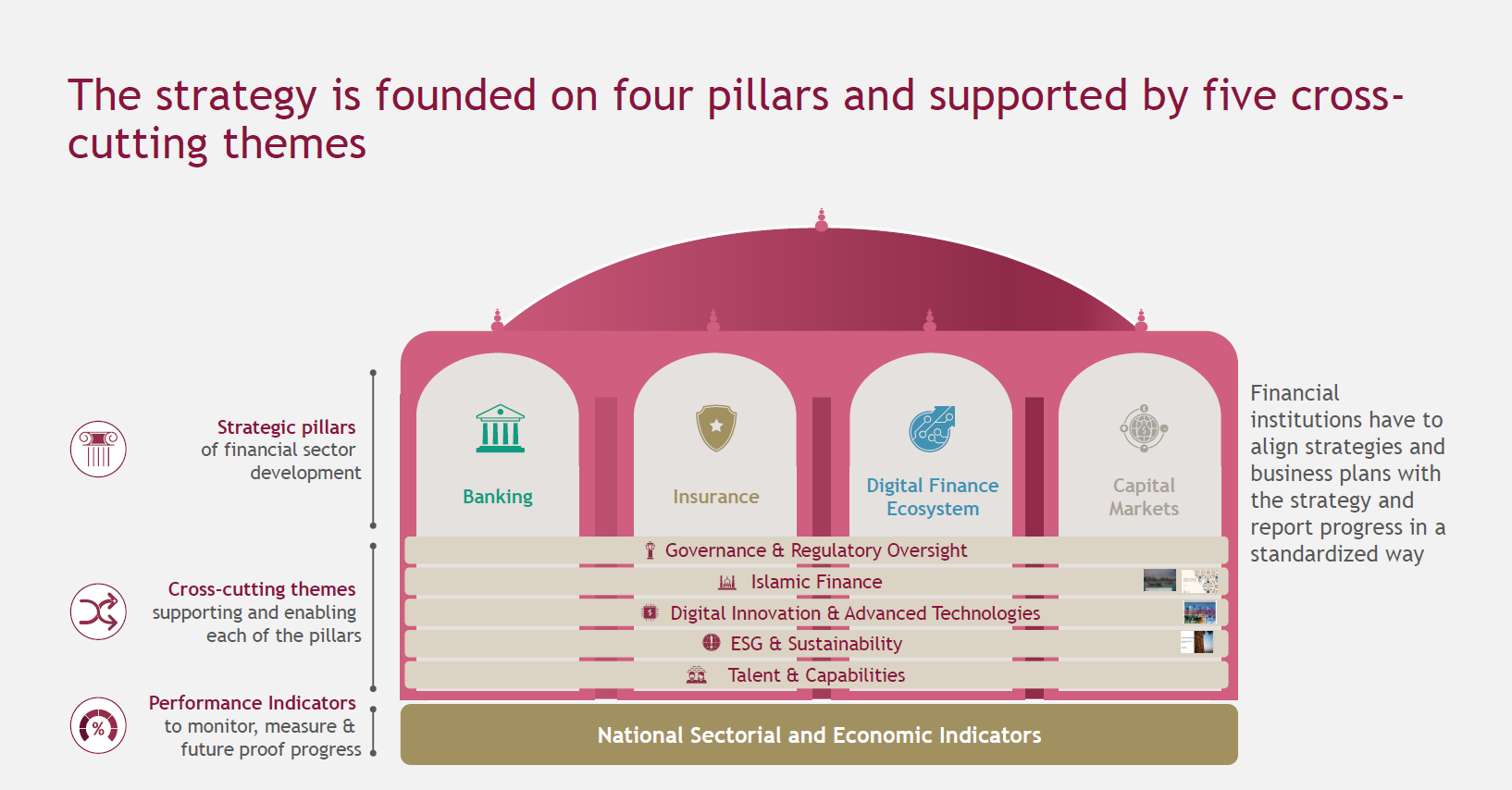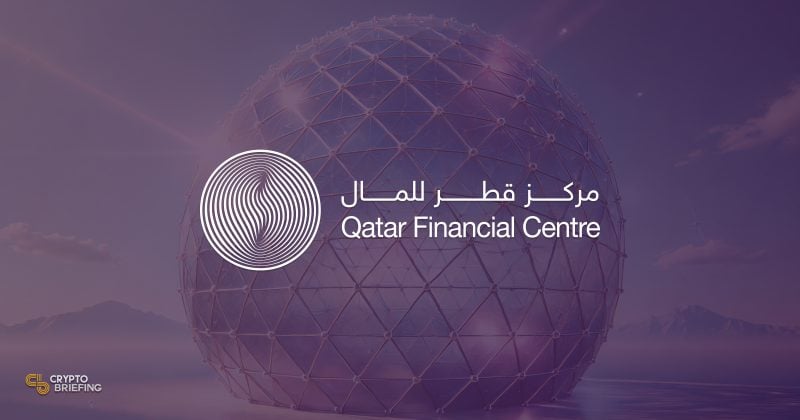Key takeaways
- Qatar’s new digital assets framework covers tokenization and smart contracts.
- More than 20 startups have joined the QFC Digital Assets Lab for the development of crypto products.
Share this article
The Qatar Financial Centre (QFC) has released a comprehensive regulatory framework for digital assets, establishing clear rules for cryptocurrency activities in the region. The “QFC Digital Asset Framework 2024” provides a legal and regulatory basis for various aspects of the cryptocurrency industry.
The new framework, announced Sunday, covers a broad range of activities related to digital assets, including tokenization, token ownership rights, custody arrangements, transfer and exchange. It also provides legal recognition for smart contracts, aimed at fostering trust between consumers, service providers and industry participants.
QFC officials highlighted the framework’s high standards for asset tokenization processes and the establishment of a reliable technological infrastructure. The regulation was developed after extensive consultation with an advisory group of 37 national and international organizations, reflecting a collaborative approach to cryptocurrency governance.
Third strategy for the financial sector
This regulatory initiative is part of Qatar’s “Third Financial Sector Strategy,” which aims to position the country as a regional leader in financial innovation.


By providing clear guidelines, the QFC seeks to attract crypto businesses and promote the growth of the digital asset sector in its jurisdiction.
Alongside the new regulations, the QFC is actively supporting crypto innovation through its Digital Assets Lab, launched in October 2023. More than 20 startups and fintech companies have been accepted into this program to develop and commercialize their crypto asset products, demonstrating Qatar’s commitment to fostering blockchain technology and digital finance.
The QFC, Doha’s onshore business and financial centre, offers a unique operating environment for companies. Its special status allows for 100% foreign ownership and full repatriation of profits, with a competitive corporate tax rate of 10% on locally-sourced profits.
This business-friendly ecosystem, combined with new digital asset regulations, positions Qatar as an attractive destination for crypto businesses.
With the launch of the Digital Assets Framework, the QFC has opened applications for companies seeking a license to operate as token service providers. This move is expected to attract a wide range of cryptocurrency businesses to Qatar, potentially making the country a major hub for digital asset activities in the Middle East.
Qatar’s introduction of a comprehensive digital asset framework reflects the growing global trend of jurisdictions developing specialized regulations for the cryptocurrency sector. By providing regulatory clarity, the QFC aims to balance innovation with consumer protection and market integrity, addressing key concerns that have hindered the widespread adoption of cryptocurrencies in many regions.
Geopolitical conflicts and refuge flows
The implementation of these regulations could have far-reaching consequences for the Middle East’s cryptocurrency sector, despite ongoing complications and conflicts in the region that have triggered falls in cryptocurrency markets. An analysis from Kaiko Research covered by Crypto Briefing suggests that Bitcoin has failed to attract “safe haven” investment flows as the Middle East crisis intensifies.
With Qatar positioning itself as a crypto-friendly jurisdiction, it could influence neighboring countries to develop similar frameworks, which could lead to increased regional competition to attract cryptocurrency and digital asset businesses and investments.
Share this article





